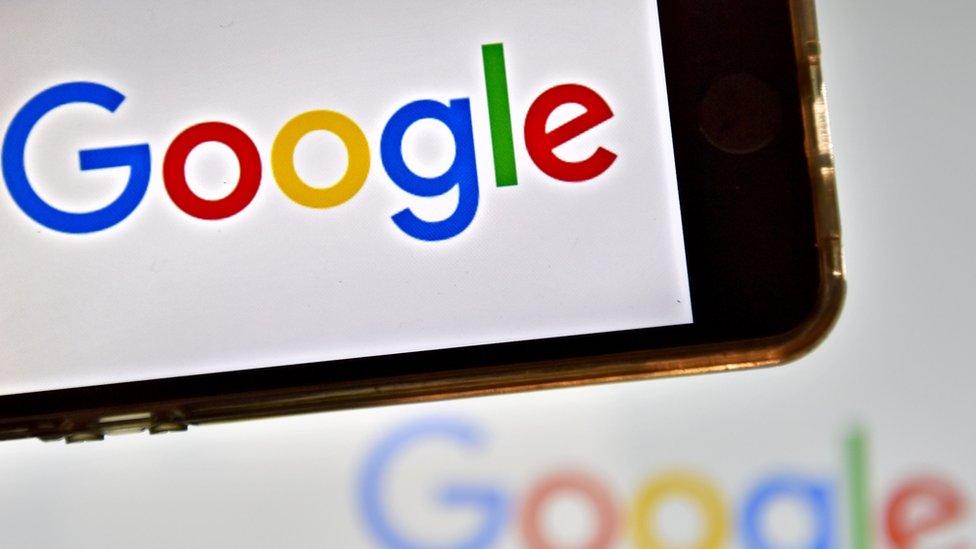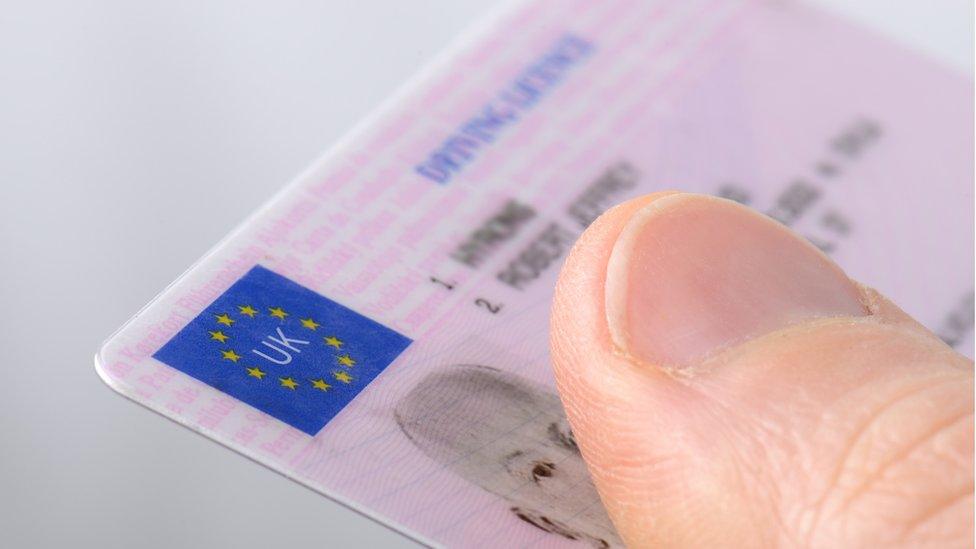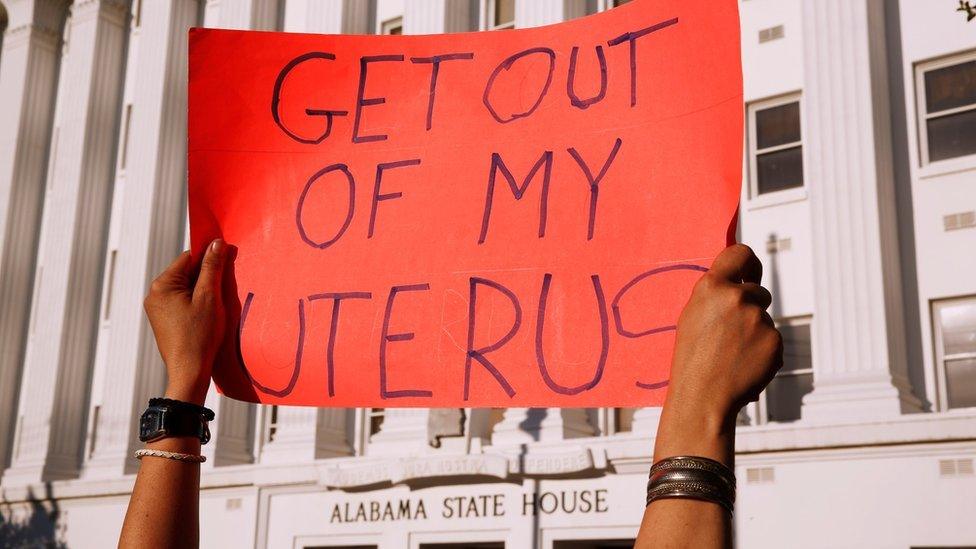Google changes policy on abortion advertising
- Published

Google will require advertisers who wish to run ads about abortion to apply for approval first, according to a change in the company's policy.
Advertisers in the UK, US and Ireland will need to declare whether they do or do not provide abortions.
That information will be displayed in Google search results.
According to the policy, the changes will help users "decide which abortion-related ads are relevant to them".
The policy change follows a report in the Guardian, external that found the tech giant had provided tens of thousands of dollars in free advertising to an anti-abortion group, whose ads suggest that it performs the procedure at its clinics.
According to the report, the Obria Group's clinics do not provide abortions or referrals for abortions, and seek to deter women from seeking these services.
Marge Berer, coordinator for the International Campaign for Women's Right to Safe Abortion, said that identifying clinics that do not provide abortion services is "extremely important".
"It's a huge step forward," Ms Berer said. "It means women will not have to be trapped into talking to someone they don't want to talk to and be delayed in getting the services they need."
The new policy also comes in the wake of a controversial law in Alabama, which outlaws abortion in almost all cases - including rape and incest.
Advertisers will be listed as providing abortions if they perform abortions at their own facilities, but not if they provide related services, such as abortion counselling and referrals.
Ads related to abortion on Google are currently only allowed in certain countries.
In countries where they are permitted, they are subject to additional restrictions, which may prevent them from appearing in certain regions, to certain age groups or on certain devices.
The changes will come into effect in June 2019.
- Published6 May 2019

- Published15 May 2019

- Published12 May 2019
